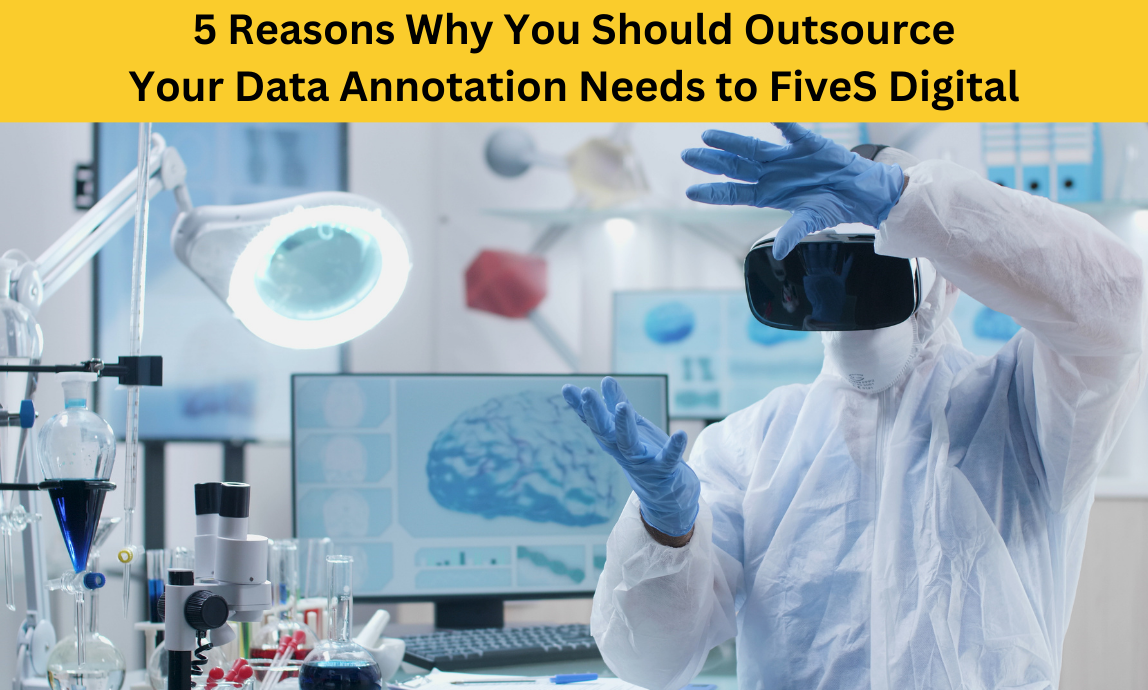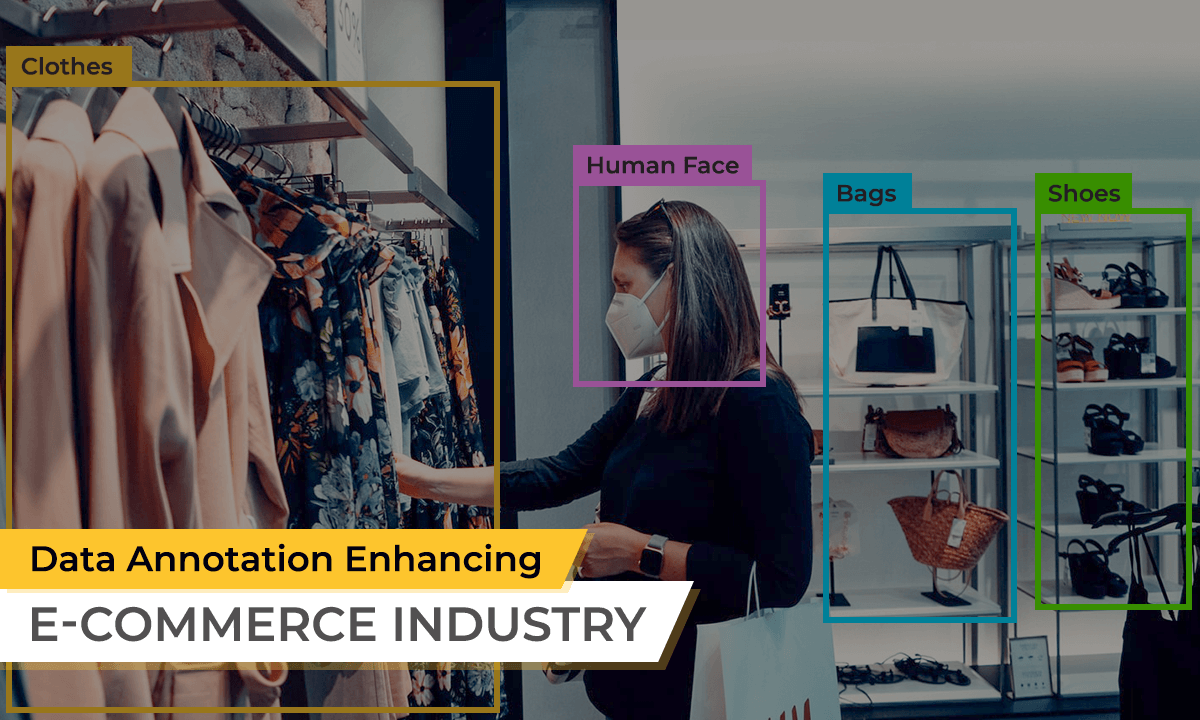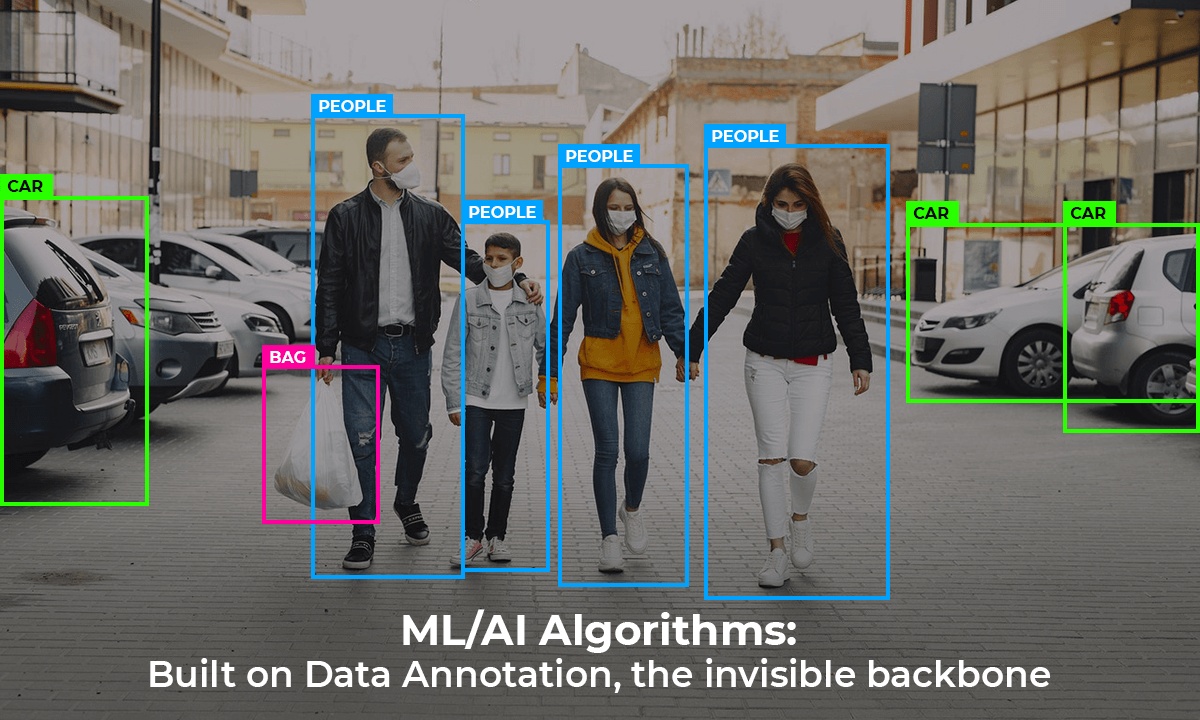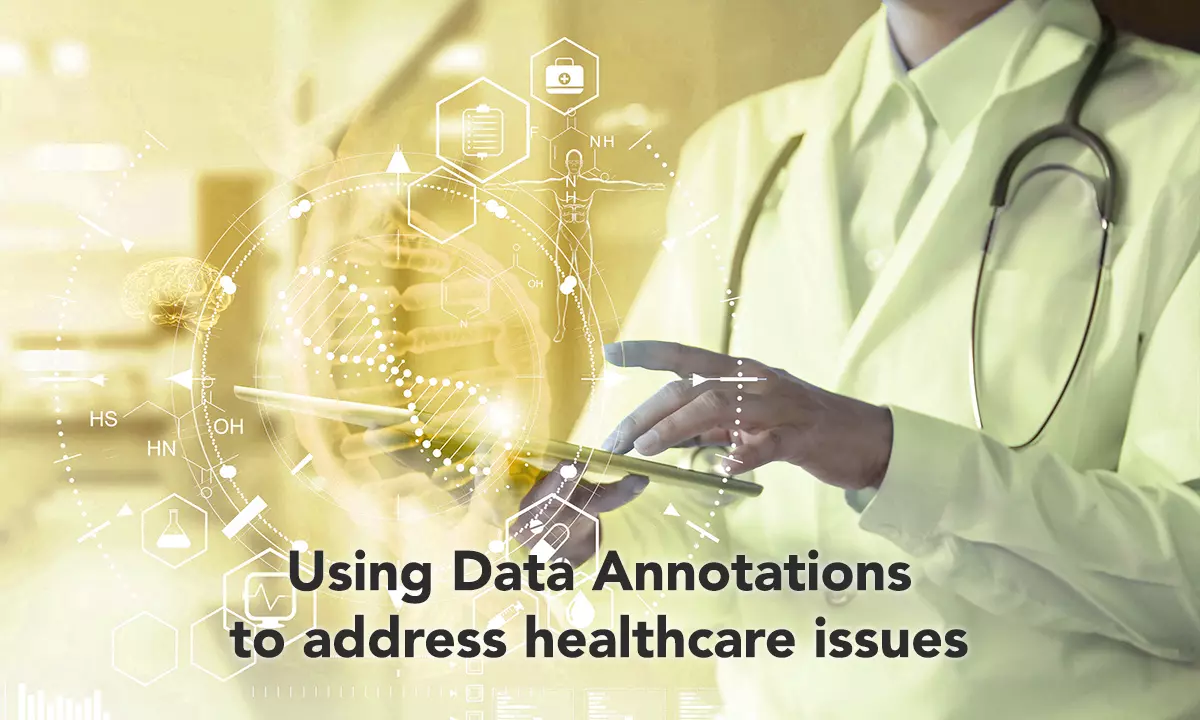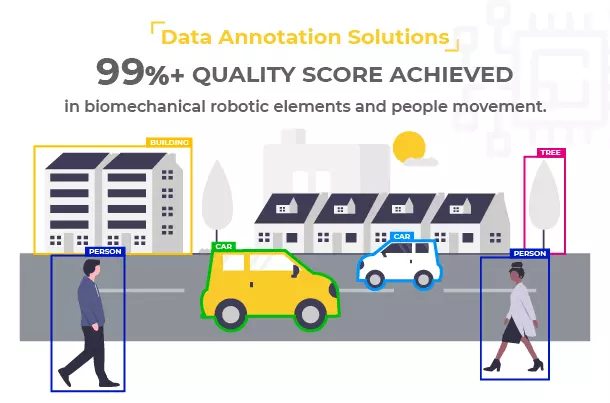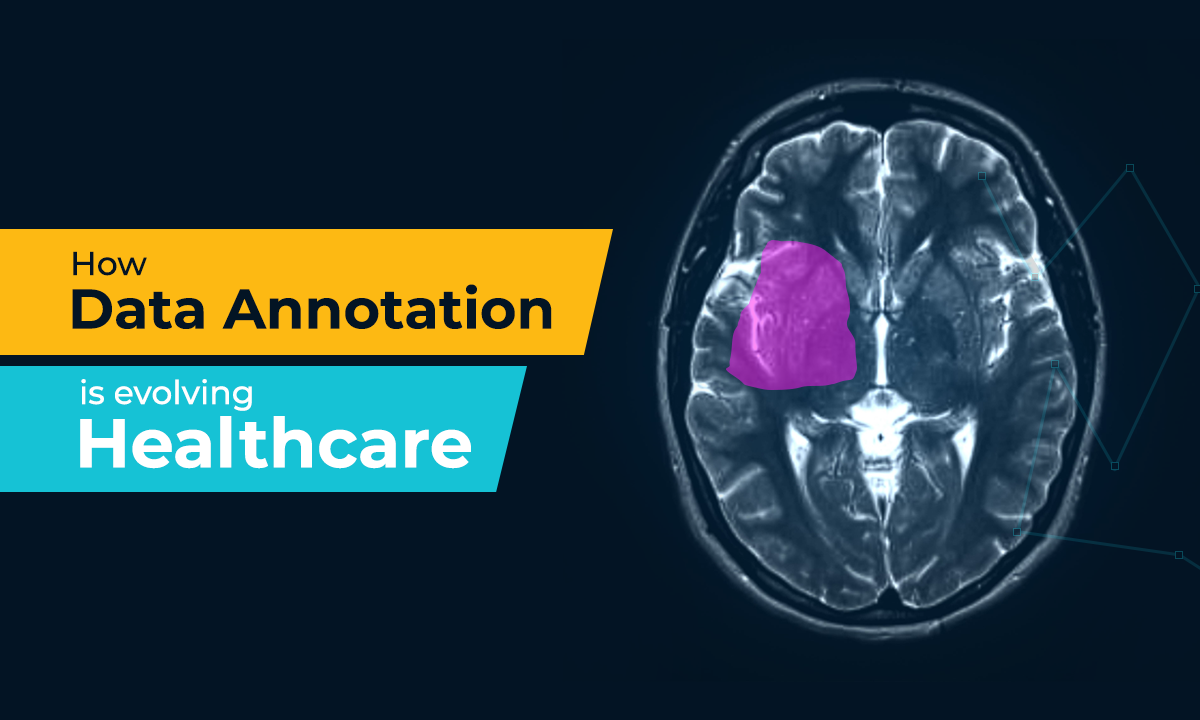
We've read about the significance of the data annotation component in machine-learning and Artificial Intelligence (AI) modules for a long time. Healthcare AI benefits health professionals and patients by enhancing efficiency and cutting costs through diagnostic support and patient engagement. AI-based healthcare requires top-quality training data that experts annotate.
Data Annotation has been integral to the advancement of Healthcare AI through continuous innovation in recent years, a concept that has revolutionized the industry.
Despite our best efforts, patients, insurance companies, and healthcare providers struggle to connect with each other. It can be challenging for them to provide relevant healthcare information at the right time to the right stakeholders. From the onset of the treatment to the scanning, to the conclusion of the results, a patient's journey can be hard.
Humans rarely identify or analyze insights they would never have discovered. Considering there is a lack of interaction between drugs for diseases like neurological disorders and chronic diseases, it may be hard to decide what medical prescriptions to give.
When a patient is recovering from treatment, it is their responsibility to focus on their own health recovery, which may be hindered because they lack the proper tools to accomplish.
Here are some questions that might come to your mind….
What practices and measures do experts in data annotation use to create, tag, and implement to identify critical health data from various sources in a highly complex, extensive, and essential field? You can understand this with the help of some use cases here.
Use cases Medical Annotation in AI
Chatbots
Chatbots are becoming highly efficient wings in medical management, Health, and many others. From helping patients make appointments for their diagnosis, and medical consultations to aiding them with processing their symptoms, vitals, and symptoms of illness and other concerns, chatbots are emerging to be great partners for healthcare professionals.
An error in diagnosis or wrong recommendation could be detrimental for patients and the people around them. For example, If an AI-powered program is designed to deliver results on any dangerous disease, preliminary assessments give incorrect results, it could cause a spread of the disease. This is why proper AI training is required before the product or solution is made available to the public.
To train experts typically use methods such as entity recognition and sentiment analysis.
Digital Imaging Annotation
Although the diagnosis process is now digital, thanks to advanced devices and systems, the conclusions drawn from results remain primarily human-centric. This can lead to interpretation errors or missing crucial issues.
Presently, AI modules can eliminate such situations and identify even the slightest problems or anomalies in MRI, CT scans, and X-Ray scans. Along with precise results, AI systems can also provide quick results.
Conventional scans and thermal imaging can also be utilized to detect early signs of breast cancer-related issues. IR radiations produced by tumors are analyzed for additional symptoms and are reported appropriately.
To accomplish these complicated tasks, the data annotation experts employ methods like the tagging of MRI, CT scan and reports on X-Ray, and the thermal image data. AI software then learns from these annotations to develop autonomously.
Drug Development and Treatment
One of the latest examples of the development of drugs through AI programs is the development of vaccines to combat Covid-19. After a few months, the epidemic, researchers, and healthcare professionals could crack the code for the Covid-19 vaccines. This is primarily thanks to AI and machine-learning algorithms that can model chemical and drug interactions. Learn from thousands of medical journals, published papers, research documents, research papers, and many more resources for drug discovery.
The insights that humans would have never discovered are readily identified and analyzed by AI software for immediate results and inferences. Healthcare professionals can speed up trials, conduct rigorous tests and report their findings to the appropriate authorities for approval.
Alongside finding drugs, AI modules are also aiding clinicians in recommending personalized medications that can influence the dosage and timing of their use concerning their conditions, biochemical responses, and much more.
Multiple medications are prescribed for those with autoimmune conditions such as neurological disorders and chronic diseases. It could be a result of an interaction between drugs. By recommending specific drugs, doctors can decide when prescribing medicines.
To make sure that all this happens, Annotators are working on tagging NLP data such as data from data radiology EHRs, digital images, claims information provided through insurance providers, data gathered and processed by wearable devices, and much more.
Patient Monitoring & Care
The path towards recovery starts after the procedure or diagnosis. It is the patient's responsibility to be responsible for their recovery from illness and overall health. Because of AI-powered technology, it's becoming more seamless.
Patients who have received treatment for cancer or suffer from mental health issues are becoming increasingly experiencing patient monitoring and caring. Monitoring is becoming the perfect assistant and companion from questions after discharge to helping patients deal with emotional crises. An AI firm known as Northwell Health also shared a study that found that nearly 96% of their patients showed improved interaction with Monitoring results.
Conclusion
Use cases such as these set benchmarking standards to AI in training and annotation methods. They are also guidelines for all the particular data annotation challenges due to more innovative use cases and solutions.
But that shouldn't hinder you from pursuing the field of AI to improve healthcare. If you're only beginning your journey and need adequate and high-quality AI data for training, contact FiveS Digital now! We're always anticipating the latest issues and always staying ahead of the competition.


